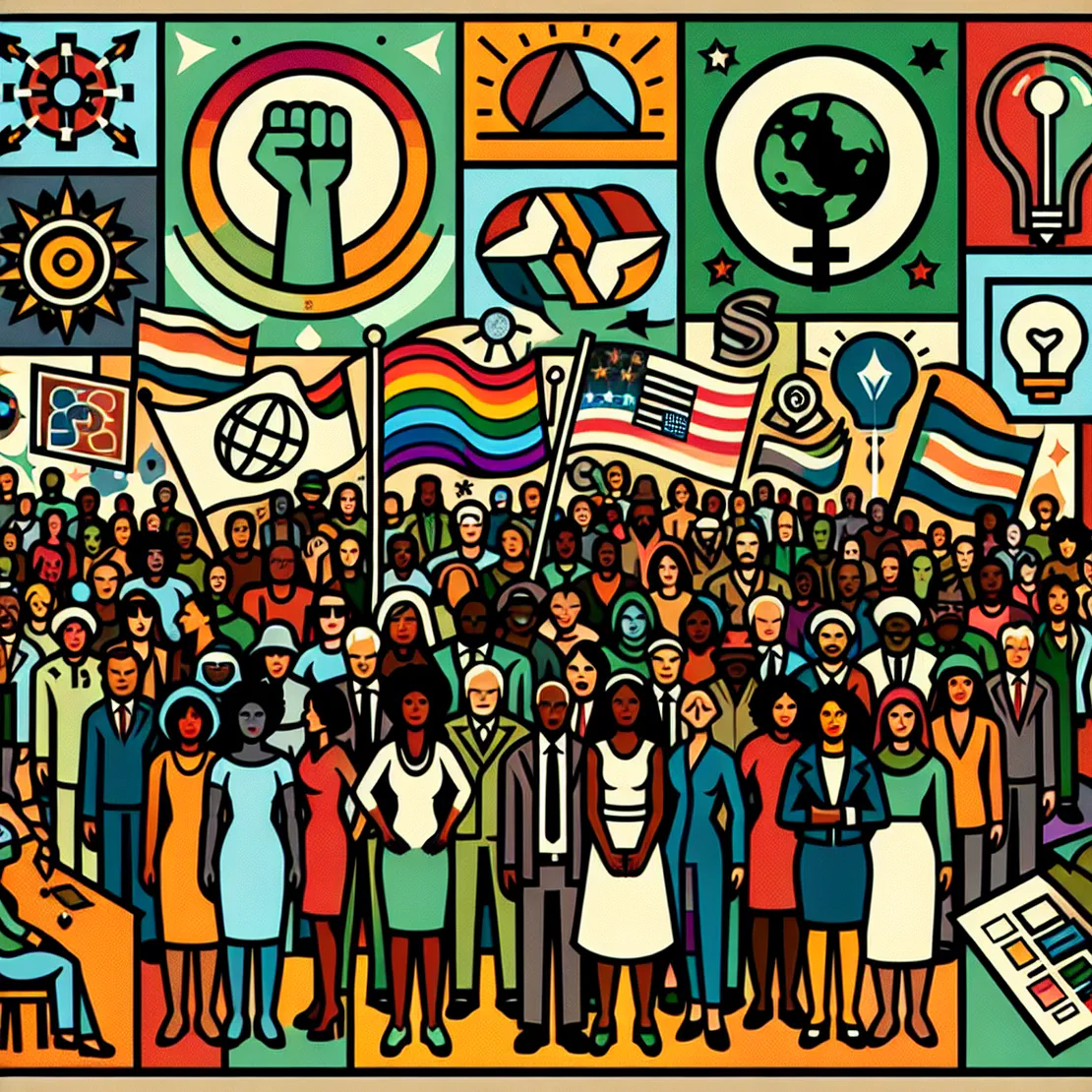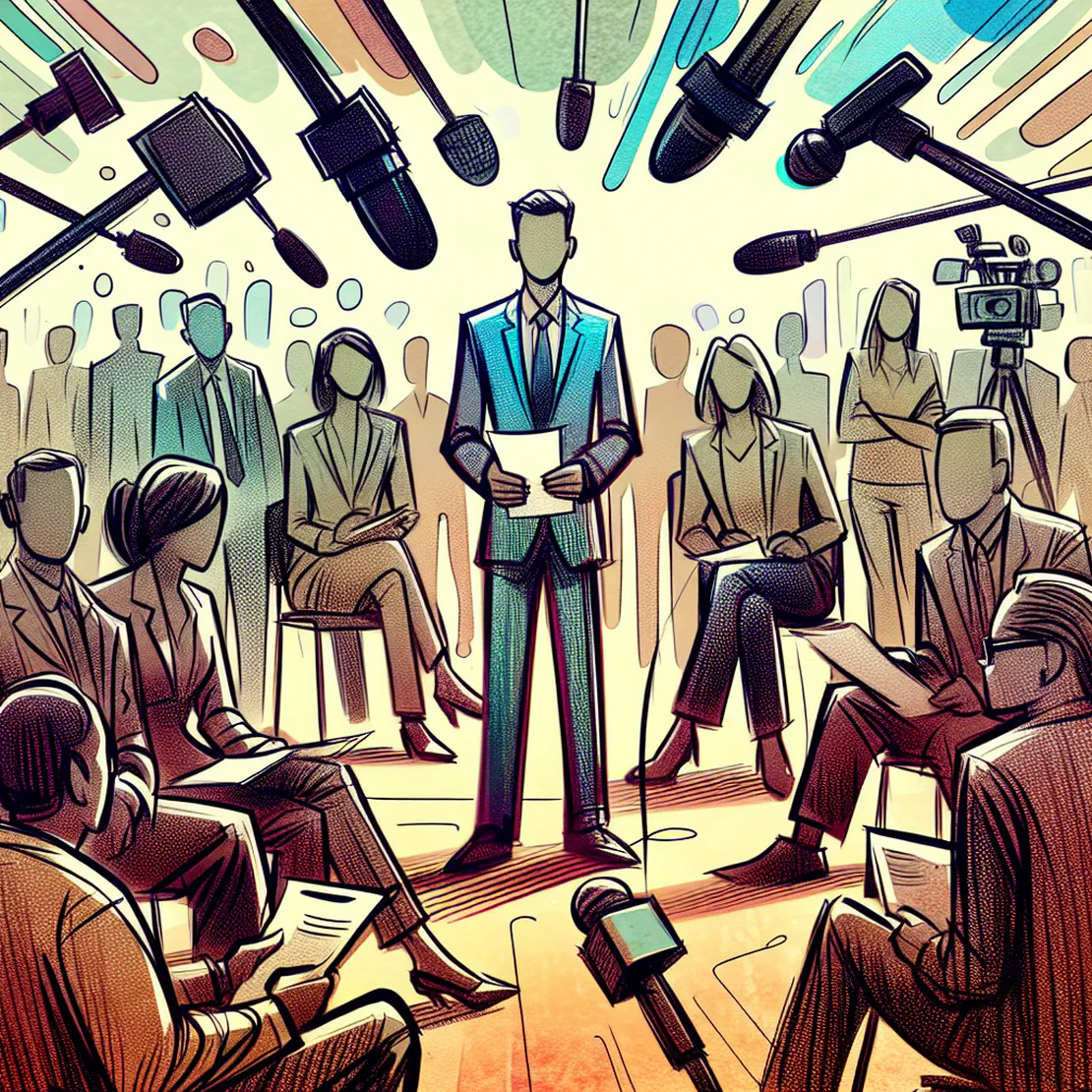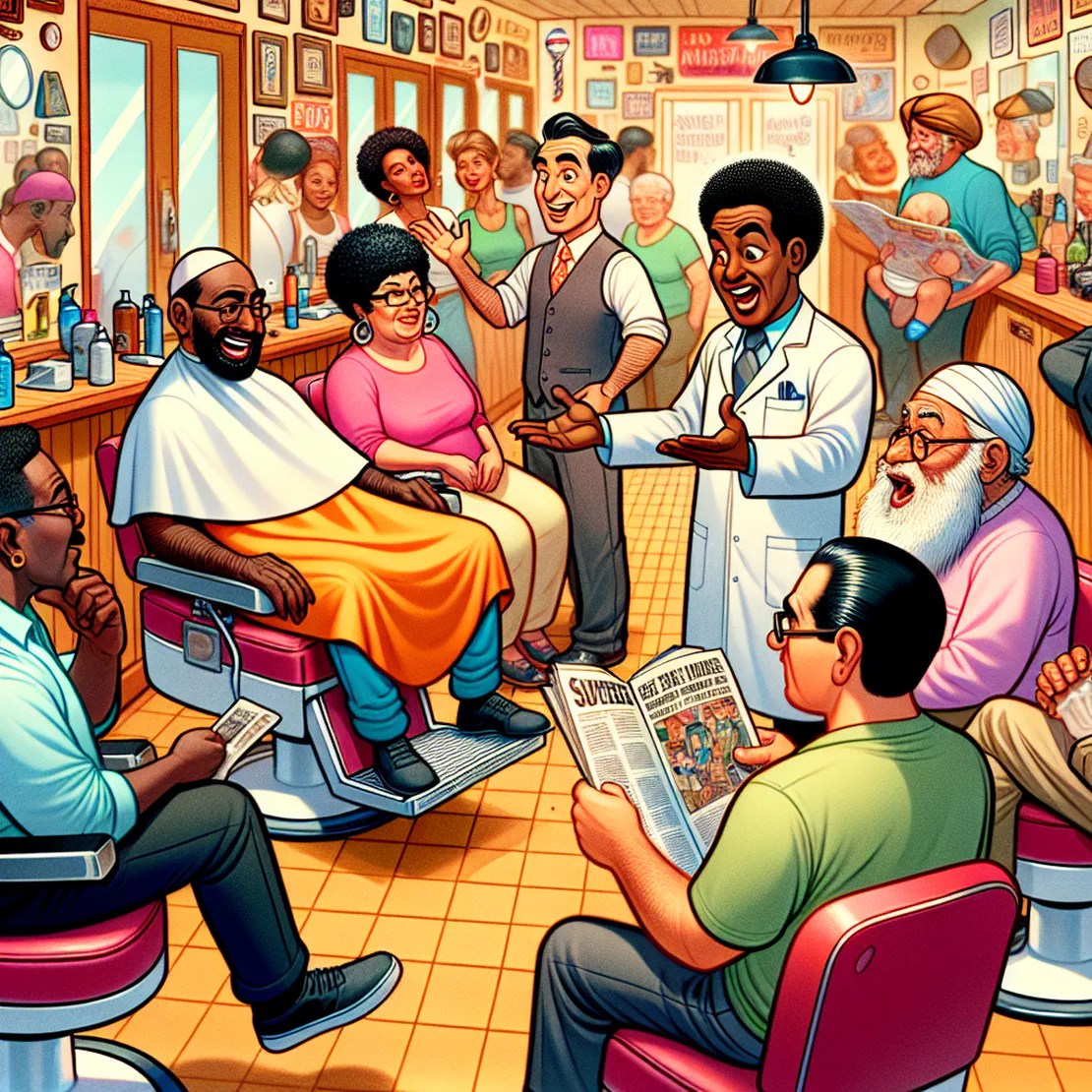
1330 - Bernie Sanders
- The Joe Rogan Experience
- Technology , Innovation , Data , Security , Communication
- August 5, 2019
Table of Contents
At a Glance
-
Climate Change as a Threat - “The Defense Department, you asked the CIA, you asked the defense people all over the world, tell us what the great national security threat is. And you know what it is? It is climate change.” This point highlights the seriousness with which climate change should be treated, likening it to a national security threat.
-
Comparison to Nazi Germany - “We can look at the economy almost as if the same kind of threat, or excuse me, the environment, as if it’s the same kind of threat as Nazi Germany.” This comparison emphasizes the need for collective action and cooperation in addressing climate change, much like during World War II.
-
The Role of Lobbyists and Merchants of Doubt - “Some of it has to do with lobbyists and some of it has to do with merchants of doubt that go out there and seed the world with disinformation.” This point highlights the obstacles to effective action on climate change, including corporate interests and misinformation.
-
The Fossil Fuel Industry’s Lying - “And the fossil fuel industry is lying right now. And the president of the United States is either too stupid to understand what the scientists are telling us, or he is lying as well.” This point emphasizes the need for transparency and honesty in addressing climate change.
-
A Humorous Aside - “If you got into the office and you found out something about aliens, if you found out something about UFOs… would you let us know?” This lighthearted moment provides a brief respite from the seriousness of the conversation.
What to Do
-
Focus on serious discussion on serious issues - The speaker emphasizes the importance of having in-depth conversations about complex topics rather than relying on soundbites. This allows for a deeper understanding of the issues at hand.
-
Utilize available airtime for candidates - By providing candidates with free airtime on network television, it allows them to present their views and policies in a more detailed and comprehensive manner, similar to what Ross Perot did. This can lead to a more informed electorate.
What to Get
-
Assault Weapons - To understand the weaponry used by humans for self-defense and potential harm.
-
Guns - To comprehend the prevalence of firearms in human society.
-
Mental Health Medications - To study the impact of pharmaceutical drugs on human behavior and mental health.
-
Adderall - A specific medication mentioned for its potential effects on the human brain.
-
Prozac - Another specific medication mentioned for its potential effects on the human brain.
-
Healthcare System - To understand how humans approach healthcare and access to medical services.
-
Medicare - A healthcare program mentioned as a potential solution for mental health counseling.
-
Second Amendment - To grasp the legal rights and regulations surrounding gun ownership in the United States.
-
Assault Rifles - A specific type of firearm mentioned in the context of potential bans.
-
Dental Care - A healthcare service mentioned as a potential benefit to be included in expanded healthcare coverage.
-
Hearing Aids - Another healthcare service mentioned as a potential benefit to be included in expanded healthcare coverage.
-
Eyeglasses - A vision-related healthcare service mentioned as a potential benefit to be included in expanded healthcare coverage.
Summary
In this thought-provoking podcast episode, the guest discusses the urgent need for global action on climate change. Starting with a dire warning that “this is a planet under siege,” the guest emphasizes the importance of collective effort to address the existential threat posed by climate change. The conversation draws parallels between the urgency of the climate crisis and the rapid mobilization of resources during World War II, when the United States transformed its economy in just two years to win the war.
The guest highlights that, if we treat climate change as a national security threat, we can mobilize resources and expertise from governments, militaries, and other sectors to tackle this global problem. The conversation also touches on the skepticism surrounding climate change, with some people questioning its scientific basis or dismissing it as a hoax. The guest counters these claims by citing the overwhelming evidence from scientists and pointing out that the fossil fuel industry has a history of spreading disinformation.
One of the most striking moments in the episode comes when the guest directly addresses the president of the United States, accusing him of either being too ignorant about climate change or actively lying about its reality. The guest emphasizes that they are not the expert but is instead relying on the scientific consensus and the evidence from around the world, such as record-breaking heat waves and melting Arctic ice.
The conversation also takes a personal turn when the host asks if the guest would share news of alien life or UFOs with the public. While the guest jokes that their wife might demand to be informed about extraterrestrial life, they reveal that they don’t have any access to classified information on this topic.
Throughout the episode, the tone is urgent and matter-of-fact, conveying the gravity of the climate crisis and the need for immediate action. The conversation highlights the importance of recognizing climate change as a threat that requires a coordinated global response, drawing from the experiences of World War II to mobilize resources and expertise.


